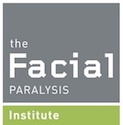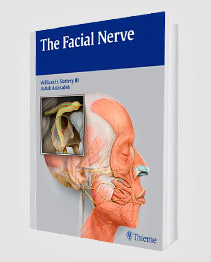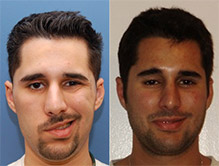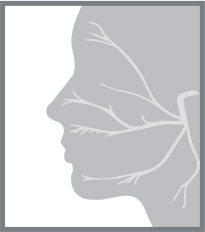Why is Ramsay Hunt Syndrome Often Misdiagnosed?
It comes on suddenly. Your face starts to droop on one side, to the point you can’t make facial expressions or close your eye. You have problems hearing with the ear on that side of your face and food tastes differently. You might assume you have Bell’s palsy. However, there is another condition with similar symptoms called Ramsay Hunt syndrome—and unlike Bell’s palsy, where most people eventually recover, a misdiagnosis and delayed treatment could have a profound and lasting impact.
Ramsay Hunt Syndrome Facts
Like Bell’s palsy, Ramsay Hunt syndrome affects facial nerves. However, unlike Bell’s palsy, which can be triggered by a number of things, Ramsay Hunt syndrome has a very specific cause. It is a result of shingles, which occurs in people who have had chickenpox and that virus rears back to life after lying dormant in the body for years.
Along with paralysis on one side of the face, ringing in the ears or hearing loss and changes in their sense of taste, people with Ramsay Hunt syndrome may experience other symptoms. Vertigo, dry mouth or eyes and ear pain are also potential issues, as well as a red rash in the ear area, although the rash may never appear in some patients.
Because these symptoms can appear differently in each Ramsay Hunt patient, and because they can mimic Bell’s palsy as well as other disorders, it is easy to misdiagnose the syndrome. And that can be a problem.
Why You Need to Act Fast
Ramsay Hunt syndrome can cause severe problems or even permanent damage if it’s not treated as soon as possible after symptoms appear. People can end up with lasting hearing loss, and they may never lose the weakness in the side of the face that was paralyzed. The latter can include the inability to completely shut the eye, and that may result in blurry vision or sensitivity in that eye. If the shingles virus isn’t treated, it can damage the nerves to the point that people have to live with chronic pain.
That’s why it’s important for you to seek out medical attention immediately if any of the signs of Ramsay Hunt present themselves. A healthcare professional can go over your symptoms with you and conduct a physical exam. If Ramsay Hunt syndrome is diagnosed, you will be treated with medication to stop the virus from causing further damage. There are common antiviral drugs that work well against the chickenpox virus, such as Valtrex, Zovirax and Famvir. Those may be supplemented with corticosteroids. In addition, you may be prescribed pain medication to give you comfort as your body heals, as well as anti-anxiety medicine if you are suffering from dizziness or vertigo. Other steps can be taken to mitigate certain symptoms, such as using cold compresses on a rash or rewetting drops if your eye is dry because you can’t close it all the way.
Ramsay Hunt may not be a well-known disorder to many people, which also can lead to a misdiagnosis or delayed treatment. If you think the problem will go away if you wait it out, or you don’t have a qualified physician to help you, Ramsay Hunt syndrome can be dangerous. Do not hesitate to seek out treatment from an experienced medical professional—it can make all the difference.
Request your consultation with Dr. Azizzadeh today
Call us at (310) 657-2203 to schedule an appointment.
Schedule a Consultation




